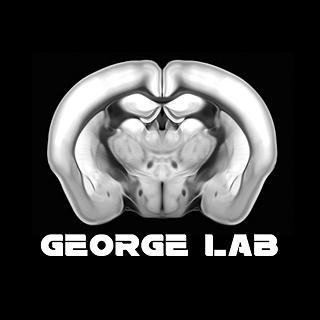An enzymatic advance in nicotine cessation therapy.
- Olivier George
- Jan 9, 2018
- 1 min read
The George lab published a new study in collaboration with the Janda lab providing preclinical evidence that a newly engineered enzyme can degrade nicotine in the blood so that nicotine cannot reach the brain and produce dependency effects.
This preclinical study co-lead by Dr. Xue (Research Associate in the Janda lab) and Dr. Kallupi (Research Associate in the George lab) shows that administration of this new enzyme called NicA2 can prevent the development of nicotine dependence in rats.
Smoking is the leading cause of preventable diseases; thus, effective smoking cessation aids are crucial for reducing the prevalence of cigarette smoking and smoking-related illnesses. In our current campaign we offer a nicotine-degrading enzyme from Pseudomonas putida, NicA2, a flavin-containing protein. To explore its potential, a kinetic evaluation of the enzyme was conducted, which included determination of Km, kcat, buffer/serum half-life, and thermostability. Additionally, the catabolism profile of NicA2 was elucidated to assess the potential toxicity of the nicotine-derived products. In characterizing the enzyme, a favorable biochemical profile of the enzyme was discovered, making NicA2 a prospective therapeutic candidate. This approach provides a new avenue for the field of nicotine addiction therapy.=
The George lab is currently evaluating the efficacy of new NicA2-like enzyme in reversing nicotine dependence and preventing relapse in nicotine-dependent animals.
An enzymatic advance in nicotine cessation therapy.
Song Xue,a Marsida Kallupi,b Bin Zhou,a Lauren C. Smith,a Pedro O. Miranda,a Olivier Georgeb and Kim D. Janda










Comments